An RZSS WildGenes Christmas
19/12/2018 in Conservation
Here at RZSS WildGenes we thought we’d end the year on a high and write a little Christmas blog about the last twelve months that have just flown by, highlighting some of the critical work that has been completed by the team.
Twelve (Jungle) drummers drumming
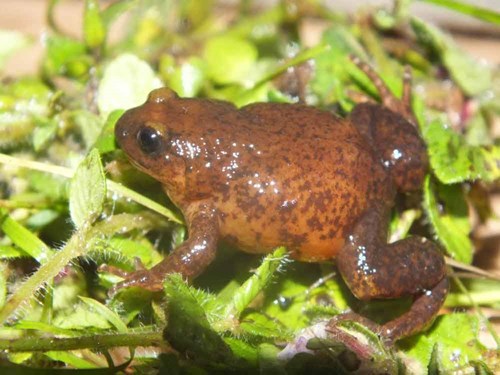
In the depths of the Cameroonian Jungle, Dr Thomas Doherty-Bone has been studying the Lake Oku clawed frog of the upland regions. Tom has been championing this critically endangered amphibian for the last ten years, which is confined to just one lake. This year WildGenes is teaming up with Tom to identify other frog species in Cameroon, as it’s a global diversity hotspot for amphibians.
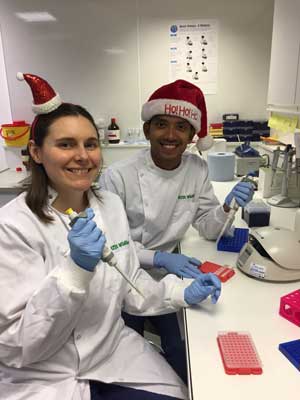
Eleven (DNA) pipetters pipetting
Jen and Jal are the WildGenes technicians, and the backbone of everything we do here in the laboratory. Pipetting DNA samples for the vast array of projects, we can only wish we had 11 of them! However, over the last year we have had many visitors to the lab that have been drawing on their expertise, from our ERASMUS student Konstantinos to Mataab, a PhD student from Oman, pipetting has been conducted in our lab by at least 11 passionate conservationists this year.
Ten (House of) lords a’ leaping
2018 saw several key announcements from the government in support of conservation initiatives. In regards to the illegal wildlife trade, new legislation on the trade in ivory products will lead to an almost complete ban on ivory trade within the UK. This has followed the near- outright ban on ivory trade within China implemented back in January. Although these are positive steps, key challenges lie ahead in their implementation and enforcement.
In October, representatives from the WildGenes team attended the “Evidence to Action” Illegal Wildlife Trade Conference in London. The trip was an opportunity to highlight our work on the Cambodian ivory trade and promote the use of scientific evidence within future legislation.
Nine ladies doing Science
We pride ourselves on being an inclusive and diverse team. In February we were delighted to be able to share knowledge and advice from the women we work with around the globe in our blog to celebrate International Day of Women and Girls in Science.
Eight cats meowing
But are they Wildcats? Here at WildGenes we have developed a genetic test that can discriminate between Scottish Wildcats and hybrids with Domestic or Feral cats. This year we continued to test cats from around the country and our recent paper has shown that hybridisation is even more extensive than previously thought. Although this is not good news for the wildcat, RZSS is still working for this species future, which could rely on individuals like the wildcat kittens that were bred this year at Highland wildlife park.
Seven beavers swimming
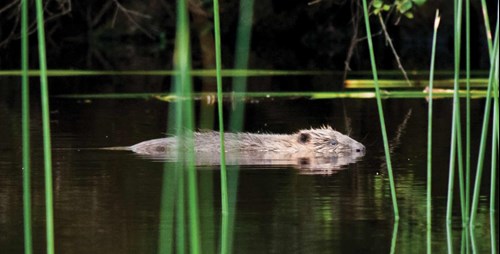
In Knapdale, in a newly created wetland, RZSS Conservation Programmes Manager, Ben Harrower has been beavering away to help reinforce the initial beaver trial reintroduction. There are now at least 19 individuals creating dams, and we are continuing to provide support to this project that has seen the return of beavers to Scotland after a 400-year absence.
Six geese a’ laying
In the lab we have been honing our ability to extract DNA from bird eggs, including the shells. This will provide us with another source of DNA for our conservation work, and new possibilities for our work with bird species.
Five ivory trinkets
The depressing reality in SE Asia is that our Fauna & Flora partners are finding that the amount of ivory for sale in Cambodia is increasing. We have been training staff at the Royal University of Phnom Penh in genetic techniques that can be used to monitor their dwindling Wild elephant population and help to identify the origin of the ivory that is finding its way to the marketplace. We hope to update you with our progress in this work in 2019.
Four howling wolves
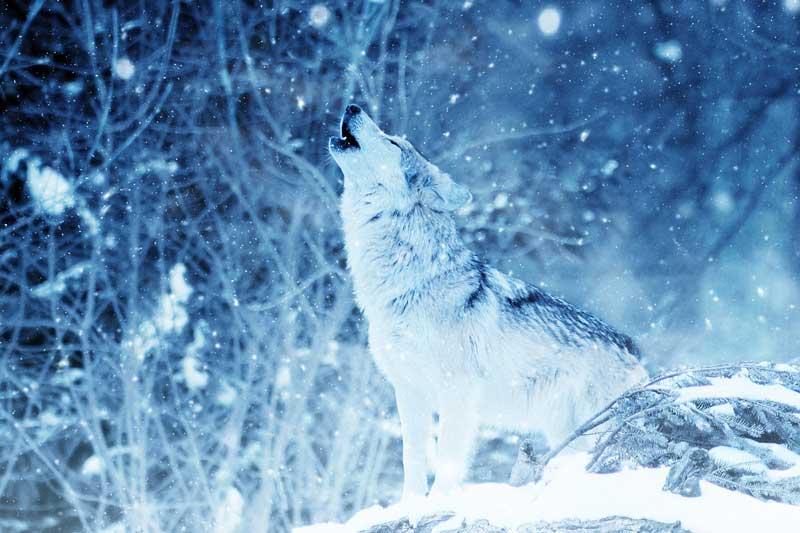
In the snowy landscapes of the Himalayas. The WildGenes lab is assisting Geraldine Werhahn with her PhD at the University of Oxford. Using genetics we are revealing the uniqueness of the Himalayan wolves compared to their Grey wolf cousins. If you are interested in learning more about this work, please see our recent paper about Geraldine’s ongoing research.
Three French hens?
Found in our tiger diet test. Well maybe they won’t be French but we have developed a genetic test to identify what a tiger has been eating. Faecal samples from our very own Sumatran tiger at RZSS Edinburgh Zoo, Jambi, were used in its development. We are now planning to transfer the test over to Nepal where researchers want to identify the diet of wild tigers. We’re expecting a pea-hen or three to turn up at some point in the analysis!
Two rockhopper penguins
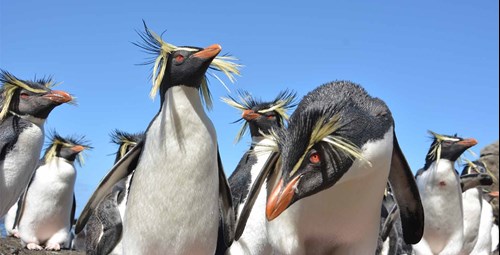
Why not, everyone loves a penguin? And WildGenes are planning to direct resources towards helping the Northern rockhopper penguin in 2019. As part of Project Pinnamin we are aiming to understand the relationships between the different penguin colonies in the South Atlantic.
... and A partridge in a pear tree
This was our second year working on the Grey partridge project, focusing on the captive and wild populations in Scotland and Greece. We have highlighted some interesting findings including the almost exclusive Western European origin of the captive stock in both countries. This also brings us nicely back to last years Christmas update.
I hope this has been a little festive treat from the WildGenes team and whetted your appetite for next year’s conservation adventures.
Until then may we wish you all a very merry Christmas and a year of conservation success in 2019!
Alex
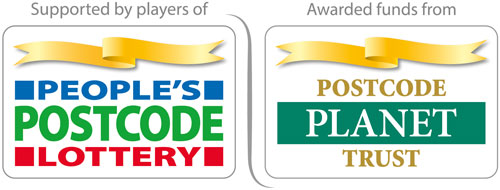
Get involved - help support our work by becoming an RZSS member!
Join a growing community of nearly 30,000 individuals who are not only helping to support our conservation work but also enjoy a range of benefits such as unlimited entry to our two parks.
Featured Articles

An update from the Budongo Forest
19/04/2024 in Conservation
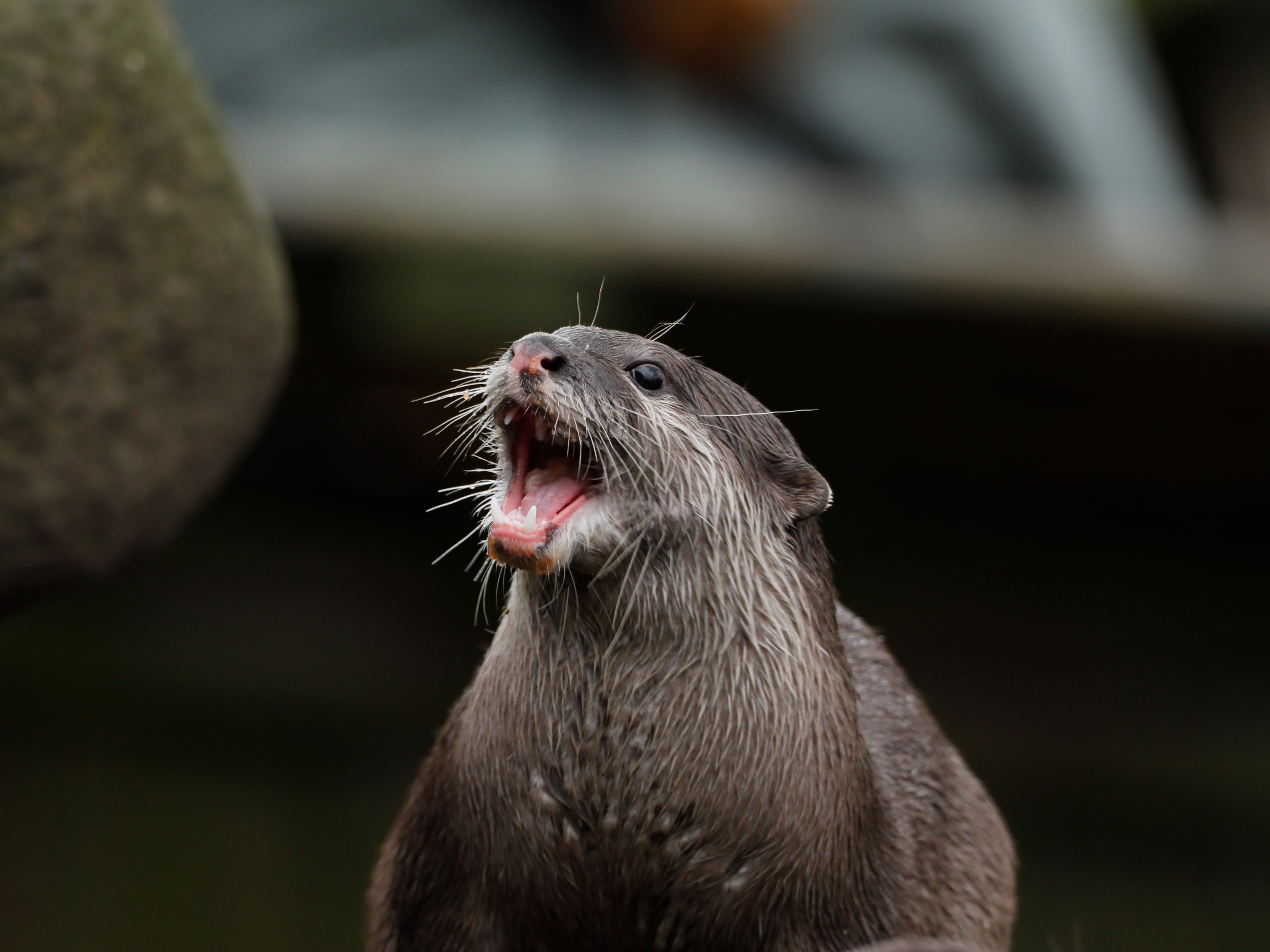
Edinburgh Zoo named best zoo in Scotland
15/04/2024 in Edinburgh Zoo

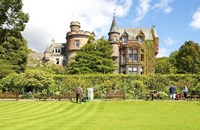
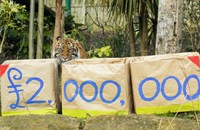
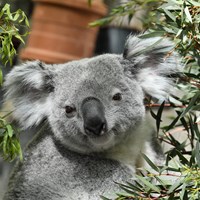
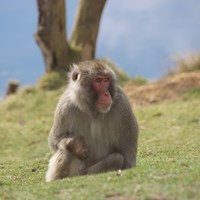
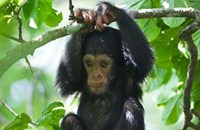
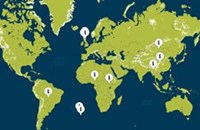
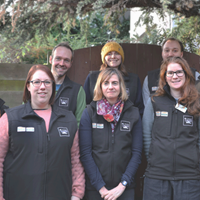
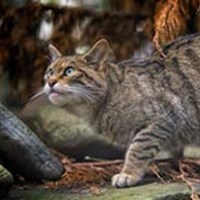
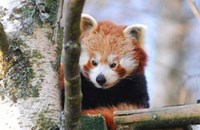
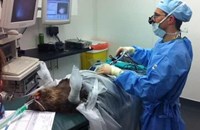

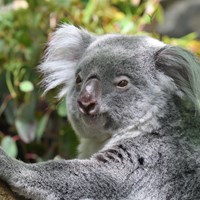
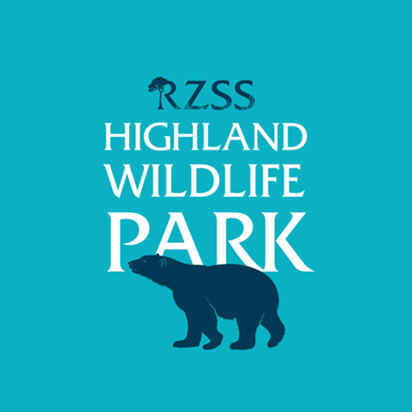
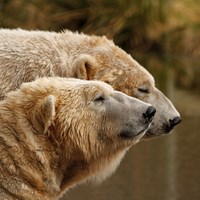

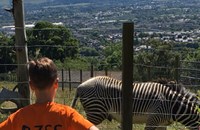
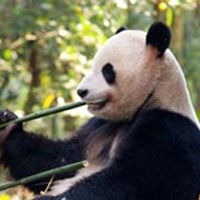
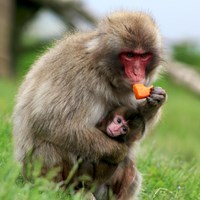
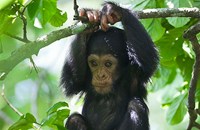
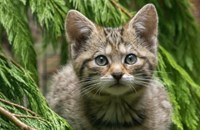
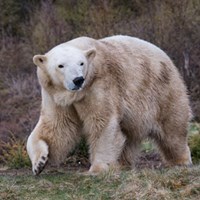
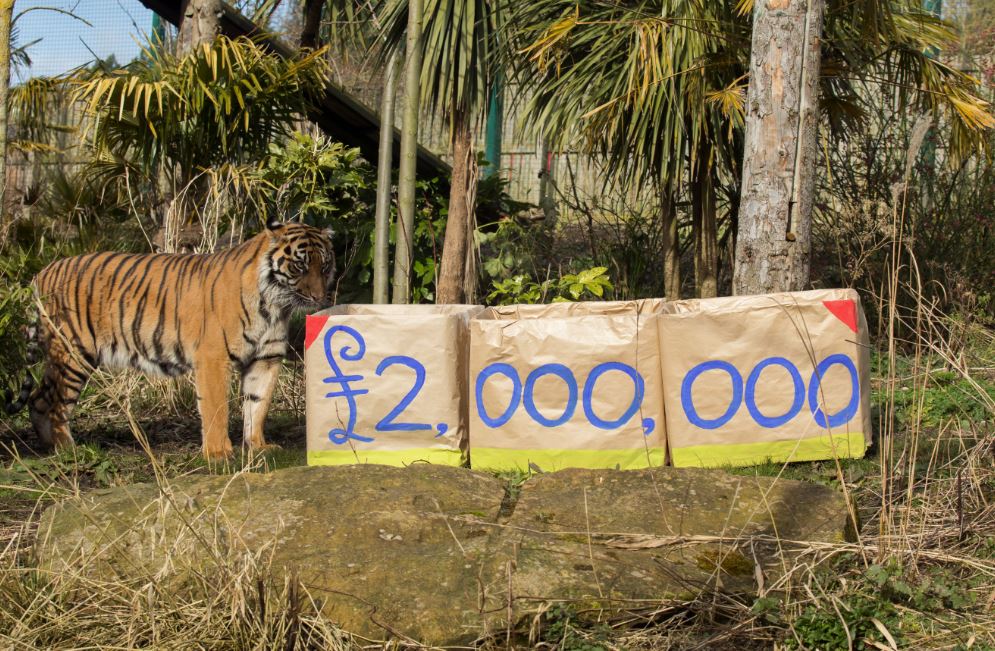

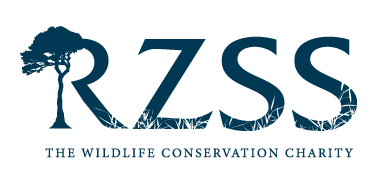
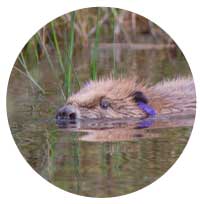
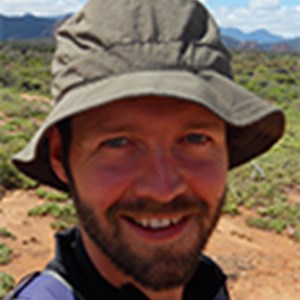
Follow EZ